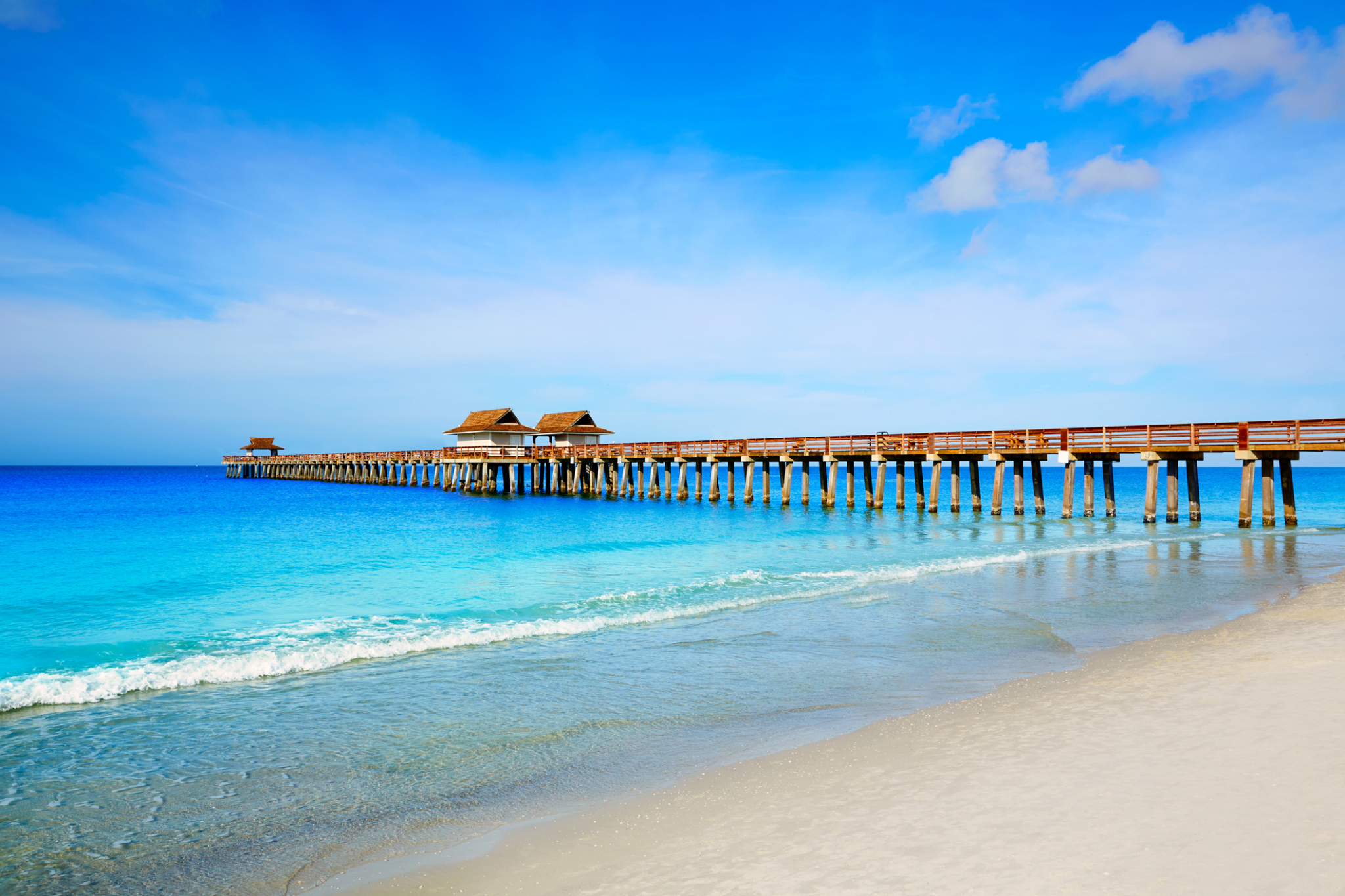The unique challenges of 2020 have upended and transformed many aspects of the real estate market. The luxury homes sector is no different. Coldwell Banker Global Luxury’s recent “New Affluent Trailblazers” report indicates that luxury buyers are turning to resort towns, suburbs and smaller communities to find homes as telecommuting becomes the norm.
“We’re calling them trailblazers because they are charting a new path forward, choosing housing locations based on family, health or lifestyle reasons, rather than being close to their business or work,” said Coldwell Banker VP of Luxury Craig Hogan in the report. “They are turning their attention away from cities and relocating to small town hidden gems, suburbs and popular second home destinations.”
The Coldwell Banker report sorts these “affluent trailblazers” into three categories: explorers, new suburbanites and resorters.
Explorers are wealthy homebuyers who want to live in more rural locations, distant suburbs and small towns that have a hidden gem quality. They typically have $1 million to $5 million in personal wealth, tend to be younger than age 39 and married, with at least one young child. Many are business owners, executives or hold positions that grant them the flexibility to work from home.
According to the report, these homebuyers value good schools for their children and access to open space. They are family-oriented and look for places that have a good mix of restaurants, shops and recreational opportunities that can help them stay close to home. They may look for homes in places like Danville, Illinois; Fredericksburg, Texas; Columbus, Georgia; Paletka, Florida; and Torrington, Connecticut.
New suburbanites are often business owners, senior managers or entrepreneurs with a net worth of $5 million to $10 million. Unlike explorers, they still need to commute to cities for work or business. They are older, often age 39 to 54, with at least two school-aged children. The suburban homes they seek offer plenty of personal space, private backyards and a bedroom for each child. They value access to good schools and urban-style, mixed-use commercial centers that offer restaurants, shopping, offices and green space. Many own second homes and have the disposable income to purchase luxury goods like sports cars, boats and art.
Target markets for New Suburbanites include Hinsdale, Illinois; West Lake Hills, Texas; and Smyrna, Tennessee.
Resorters are typically older than 54 and wealthier, with fortunes greater than $10 million. Nearly 88% are business owners or senior executives. They are either buying homes in places where they can enjoy resort-style amenities such as skiing, golf and boating or they are responding to the pandemic by converting a second home into a primary residence.
Many resorters are established business owners with a management structure in place to take care of day-to-day operations. They may have older or adult children and are often at or near retirement age, giving them the freedom to live where they want. Resorters still value ease of accessibility to their dream getaways and many keep a home in the city. Resorters search for homes in places like Naples, Florida; Hamptons, New York; and Nantucket, Massachusetts.
The rise of telecommuting in response to the COVID-19 pandemic has freed affluent homebuyers in these three categories to look beyond city centers for places to live. Luxury buyers in all three categories seek homes with enough space and amenities to entertain their families while everyone shelters in place. Home schooling areas, office space, rec rooms, swimming pools, family rooms and large backyards are highly desirable.
“Even prior to the pandemic, homebuying patterns had begun to show a migration of wealthy individuals away from luxury hotspots like New York and California, where their dollar could be stretched further,” the report states. “This trend was particularly pronounced among the affluent in high-cost coastal cities moving to lower-cost areas and lower tax venues. The circumstances of 2020 have simply reinforced the trend.”
